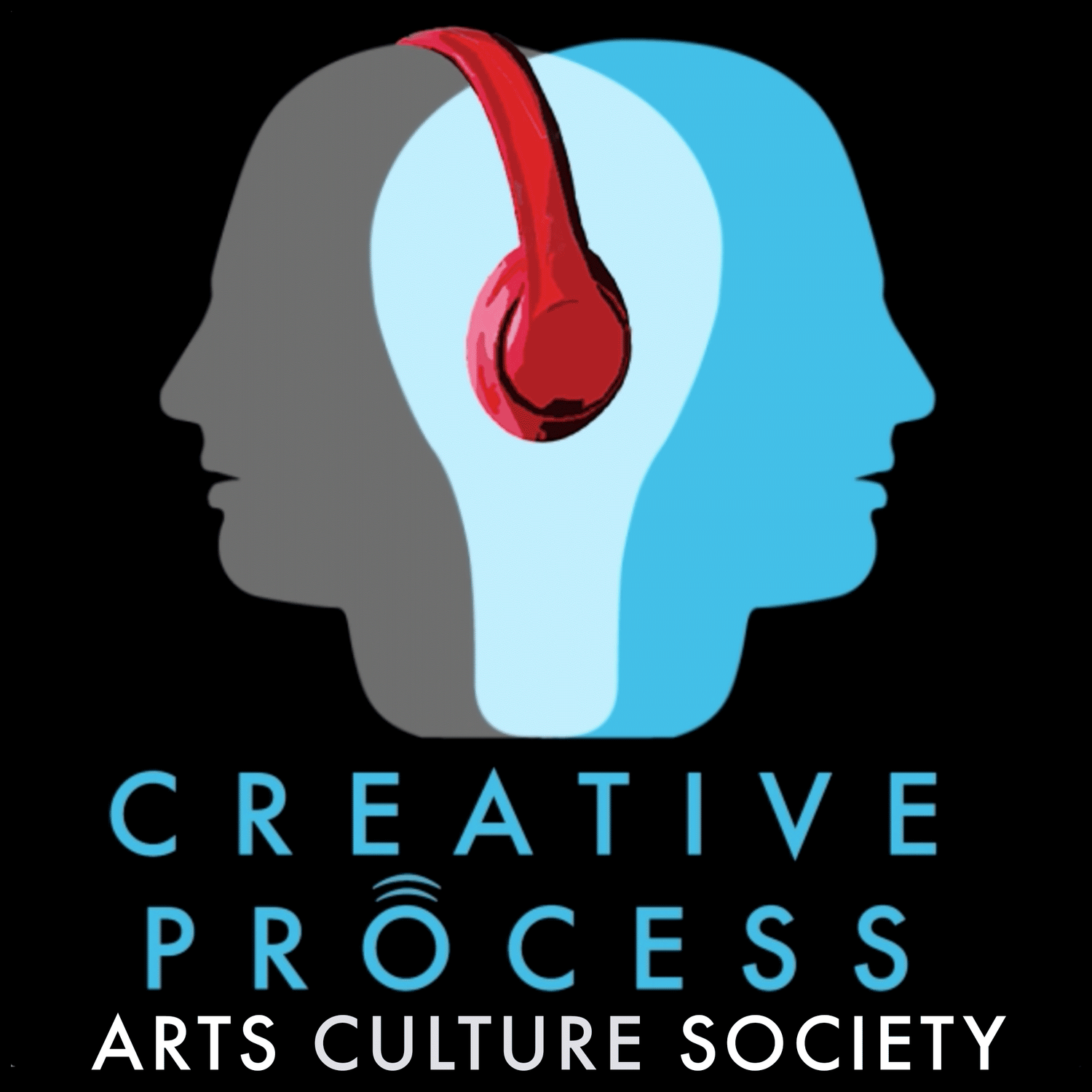Is understanding AI a bigger question than understanding the origin of the universe? - Highlights, NEIL JOHNSON
Description
“It gets back to this core question. I just wish I was a young scientist going into this because that's the question to answer: Why AI comes out with what it does. That's the burning question. It's like it's bigger than the origin of the universe to me as a scientist, and here's the reason why. The origin of the universe, it happened. That's why we're here. It's almost like a historical question asking why it happened. The AI future is not a historical question. It's a now and future question.
I'm a huge optimist for AI, actually. I see it as part of that process of climbing its own mountain. It could do wonders for so many areas of science, medicine. When the car came out, the car initially is a disaster. But you fast forward, and it was the key to so many advances in society. I think it's exactly the same as AI. The big challenge is to understand why it works. AI existed for years, but it was useless. Nothing useful, nothing useful, nothing useful. And then maybe last year or something, now it's really useful. There seemed to be some kind of jump in its ability, almost like a shock wave. We're trying to develop an understanding of how AI operates in terms of these shockwave jumps. Revealing how AI works will help society understand what it can and can't do and therefore remove some of this dark fear of being taken over. If you don't understand how AI works, how can you govern it? To get effective governance, you need to understand how AI works because otherwise you don't know what you're going to regulate.”
More Episodes
“There is magic everywhere. There's wonder everywhere. There's wondrous complexity that is so complex, so difficult to conceptualize, to grasp, to articulate that it might as well be magic for all intents and purposes, but we can gradually start to unpick how the tricks are done, how nature...
Published 06/10/24
Published 06/10/24
Is consciousness an illusion? Is it just a complex set of cognitive processes without a central, subjective experience? How can we better integrate philosophy with everyday life and the arts?
Keith Frankish is an Honorary Professor of Philosophy at the University of Sheffield, a Visiting Research...
Published 06/10/24


